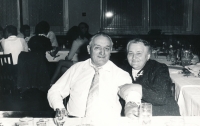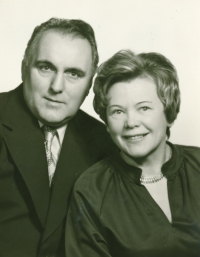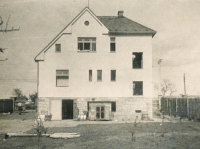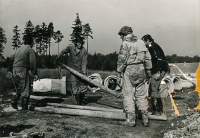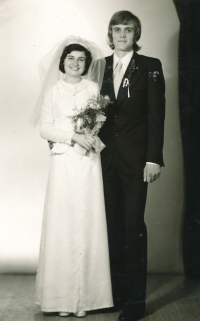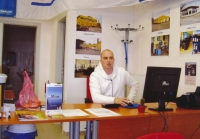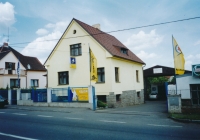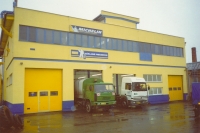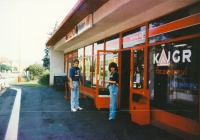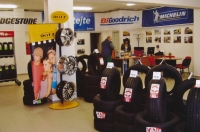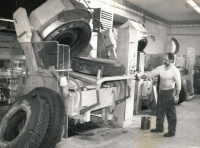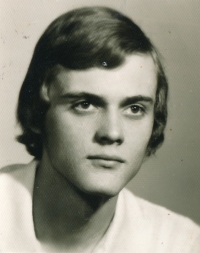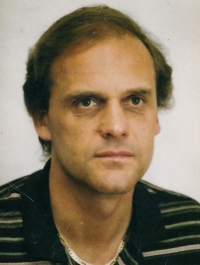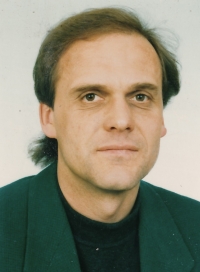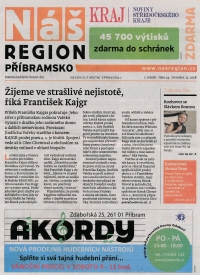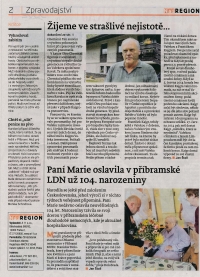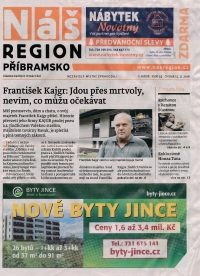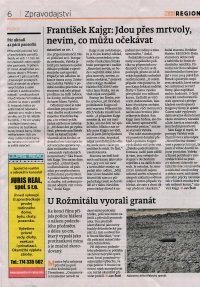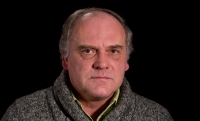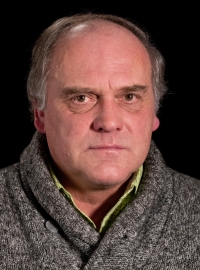I have to believe in a bright future otherwise we would have to give up and we’d end up bad

Download image
František Kajgr was born June 6, 1954 and has lived in Dobříš his entire life. He is a soccer fan and a builder by profession; he had worked as a constructor in the uranium mines in Příbram until the Velvet Revolution, got married in 1975 a had two kids soon after. In 1935 his grandfather had founded a small tire shop in Dobříš, which František’s father decided to reopen in 1991. František joined him and they found good fortune at that time. The company got itself running successfully as tires were highly requested back then and their competition was minimal. During the 1990s they had ten branches, selling tires and running garages mainly in South-West Bohemia. In 2004 they had sixty employees. In 2006 František’s father died and that’s when the times turned hard. As he had led the company for years as a natural person and had credits for goods, the whole situation got very complicated for his heirs. In the end a joint stock company was founded in 2008 and the Kajgr family managed to get out of trouble. František Kajgr wanted to further expand the company’s portfolio of retreading tires and used tires disposal. For that reason he approached Jindřich Vařeka and asked him to invest in building a crushing line. Vařeka like the idea of used tires disposal and so he agreed. The witness borrowed money from him in 2011 which he then invested in the company. At the time when all the money had already been invested, that is in fall 2013, Vařeka all of a sudden wanted it back prematurely (the payback period was set for spring 2014). In June 2014 Vařeka declared himself company director holding 100 % share and fired František Kajgr from the company. He robbed him of the company and of all his private property. Despite the fact that the witness won his case at the insolvency court in 2016, Vařeka appealed and the decision has not yet been made.
